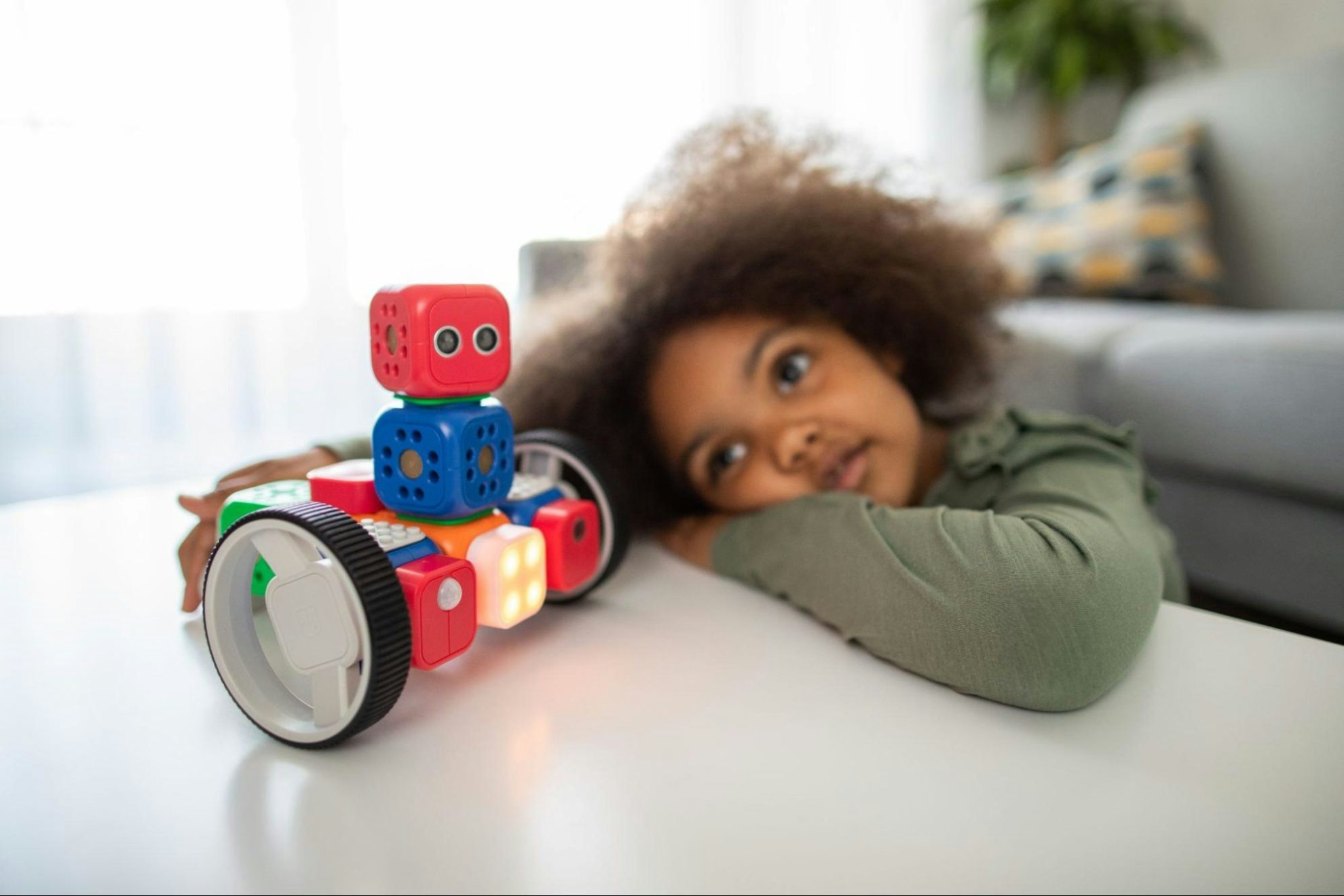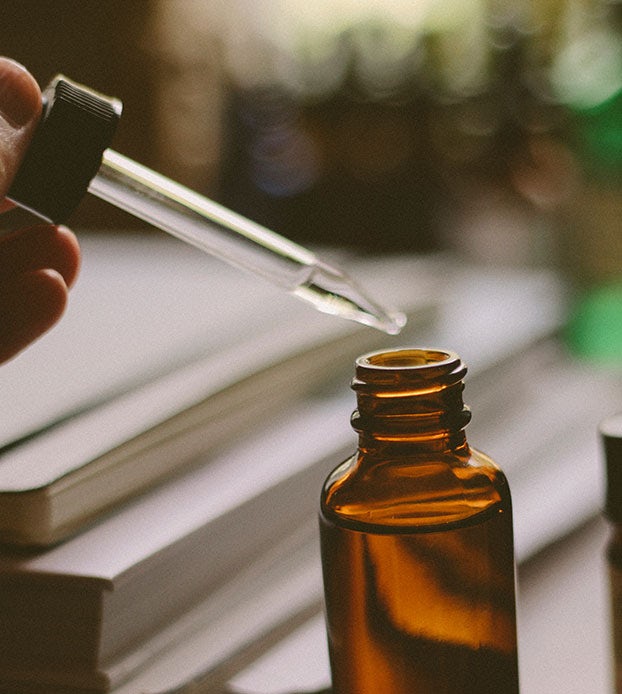One in five caregivers of children with autism give them CBD as a form of treatment, and 31% started CBD treatment during the COVID-19 pandemic, according to a new survey from Autism Parenting Magazine.
Of the CBD used by the respondents, 76.3% was described as CBD only (less than 0.3% THC), 13.7% as a CBD/THC combination, and the remaining 10% use “other” formulations such as a combination of CBD/THC and the FDA-approved cannabinoid-based medicine Epidiolex.
The survey was carried out by emails sent to the magazine’s subscribers. The magazine received a little over 2,000 respondents, according to Editor Emily Ansell Elfer, and more than 60% were based in the United States. Overall, 82.9% of the respondents said they would recommend using CBD to other parents of children on the autism spectrum.
The main reasons for using CBD were listed as anxiety relief (42.9%), challenging behavior (36.9%), pain relief and inflammation (5.1%), sleep and relaxation (8.1%), and seizures (4.3%).
The most popular delivery method was oils, which are used by 60.8% of respondents, followed by gummies and topicals (21.5%), capsules and tablets (7.5%), lotions or balms (5.1%), and vapes (1.9%).
Altogether, 72.4% of the respondents identified themselves as parents of children with autism, while the rest were grandparents, teachers, therapists, doctors, or full-time caretakers.
The survey found that 22.16% of caretakers in the United States had provided CBD as treatment, versus 14.29% in the UK.
In addition to the 31.3% who said they started using CBD during the COVID-19 pandemic, 16.6% said they have increased the doses they give to their child since the beginning of the pandemic.
Further, almost 80% of the respondents said they did not have a prescription for CBD, and 23.6% said they were recommended CBD by another autism parent, as opposed to 21.7% who said it was a doctor’s recommendation.
The magazine also noted that only 7.4% of respondents stated that they use CBD alongside Applied Behavior Analysis Therapy, which they write runs counter to the recommendations of many healthcare professionals that CBD not be used on its own to treat autism symptoms.
“Before giving a child CBD, check for simpler solutions. Can the environment adapt to your child rather than make your child adapt to the environment? If not, is there a skill that can be practiced such as deep breathing? Substances like CBD treat symptoms rather than solve problems. They should be used sparingly when other options aren’t available,” Dr. Tom Parsons, MSW, LSWAIC, Mental Health Therapist and Founder of Optimism Counseling PLLC, told the magazine in a post detailing the findings of the report.
The post also quotes Pharmacist Dr. Mousa Mirakhor as saying that “the effects of CBD tend to be cumulative rather than instant. While people have found success in treating numerous ailments with CBD oil, it is not a miracle cure-all. That is the reality that many brands will shy away from admitting to their customers. It can provide quick relief, but it will not make chronic conditions disappear overnight. CBD takes time to build up and reach its full potential.”
The post closes with the note that while “Initial results showing the impact of CBD on autistic children are encouraging, with anxiety, challenging behaviors and sleep issues all appearing to reduce for those that try these products,” all caregivers should exercise caution and are advised to consult a medical clinician for advice before starting CBD treatment.
Cannabis has shown the potential to be effective in treating symptoms of Autism Spectrum Disorder (ASD). In a 2019 study, 188 ASD patients were given a 30% CBD 1.5% THC dose of medical cannabis. After six months, 30.1% of subjects reported significant improvements in their symptoms, while 53.7% reported moderate improvements.
The researchers concluded that cannabis treatment is a “well tolerated safe and effective option to relieve symptoms associated with ASD.”
An additional study from 2019 reported that among 60 children with ASD given high CBD formulations of cannabis for 7-13 months, there was significant improvement in behavioral problems among 61%, 39% had improvements in anxiety, and 47% in communication difficulties.
Sign up for bi-weekly updates, packed full of cannabis education, recipes, and tips. Your inbox will love it.

 Shop
Shop Support
Support


















